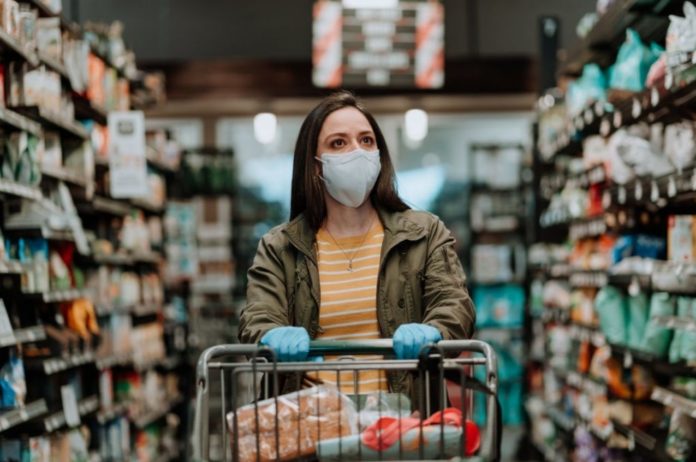A recent study, published by researchers of Northwestern University, revealed various foods that may protect you against severe COVID-19 infection.
The team outlined that drinking at least two to three cups of coffee per day reduces the risk of catching COVID-19 by about one-tenth.
- Scientists in Fear of This New Predator From Red Sea Eating Native Species in Mediterranean
- Does This Mean We Stopped Being Animal and Started Being Human Due to ‘Copy Paste’ Errors?
- The One Lifestyle Choice That Could Reduce Your Heart Disease Risk By More Than 22%
- Aging: This Is What Happens Inside Your Body Right After Exercise
- Immune-Boosting Drink that Mimics Fasting to Reduce Fat – Scientists ‘Were Surprised’ By New Findings
“Nutritional status influences immunity but its specific association with susceptibility to COVID-19 remains unclear. We examined the association of specific dietary data and incident COVID-19 in the UK Biobank (UKB),” said the study authors.
The team studied the data of 40,000 English adults in the UK Biobank. They analysed the baseline diet factors including daily intake of coffee, tea, oily fish, processed meat, red meat, fruit, and vegetables.
Individual COVID-19 exposure was estimated using the UK’s average monthly positive case rate per specific geo-populations. Logistic regression estimated the odds of COVID-19 positivity by diet status adjusting for baseline sociodemographic factors, medical history, and other lifestyle factors
detailed the study researchers.
The study found evidence that suggests the regular consumption of coffee provides protection against the virus, even among some individuals who were known to have been exposed.
Scientists believe that coffee contains health-boosting plant chemicals that may turbocharge your immune system.
The results of the study outline that eating vegetables also lowers the risk of getting COVID-19, as well as being breastfed as a baby.
By contrast, the regular consumption of processed meat like bacon and sausage appears to increase the risk of severe COVID-19 infection.
In addition, the experts found that tea and fruit did not have a significant effect.
Although these findings warrant independent confirmation, adherence to certain dietary behaviors may be an additional tool to existing COVID-19 protection guidelines to limit the spread of this virus
The results of study were published in the journal Nutrients.
Image Credit: iStock
